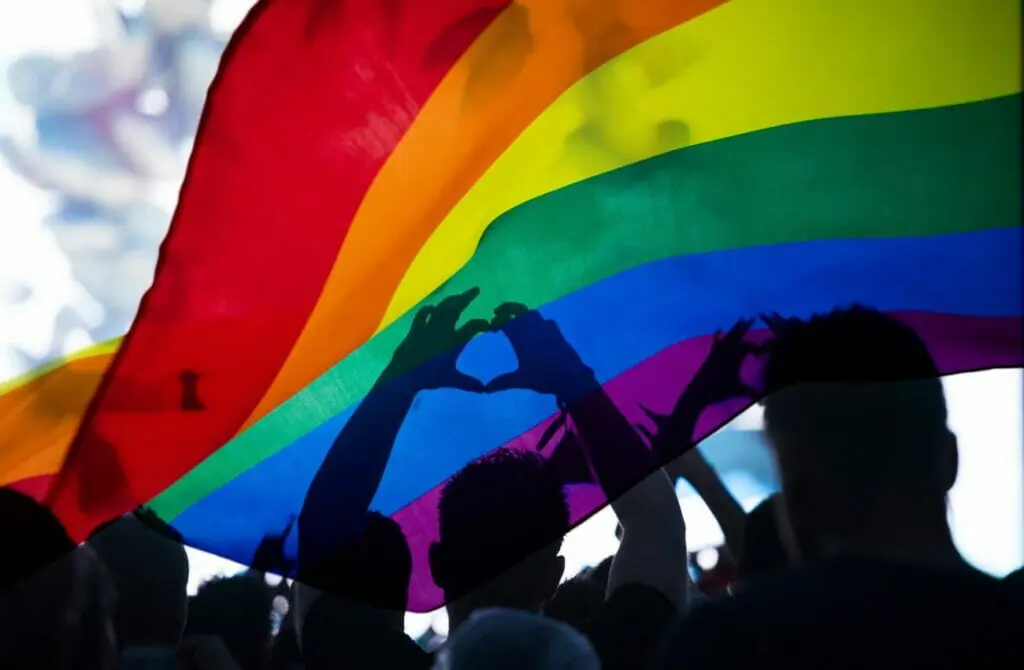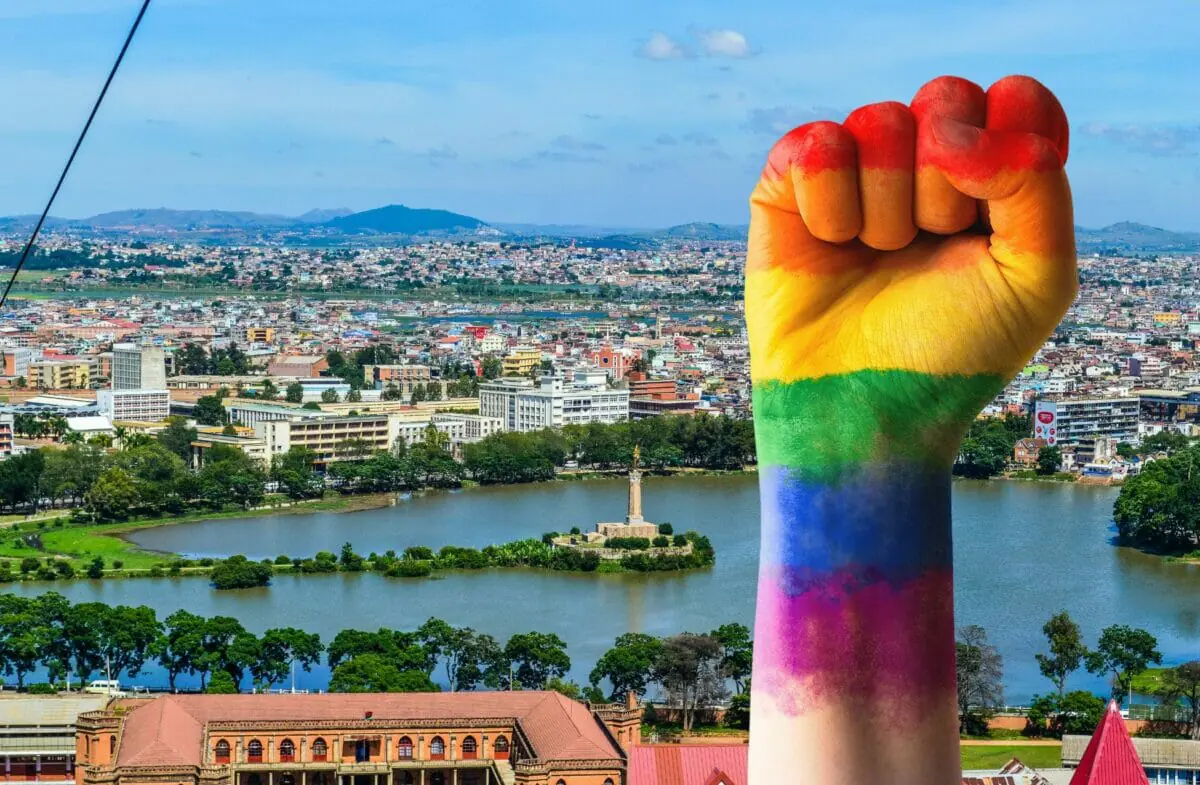LGBT rights in Madagascar continue to generate conversation and debate among locals and the international community. While the country showcases its rich history, unique culture, and stunning landscapes, the inhabitants carry different perspectives on LGBT rights and recognition. For tourists visiting Madagascar, it’s essential to understand the current state of these rights and how the local attitudes may affect their experience.
In Madagascar, same-sex sexual activity is legal for individuals over the age of 21. However, LGBT individuals face discrimination and are not granted many civic liberties that their non-LGBT counterparts enjoy, such as the right to marry or adopt children.
Solidarité des MSM Madagascar is one of the few organizations on the island that works to support the LGBT community, offering advocacy and resources. Despite limited recognition and protections, the LGBT community persists in creating safe spaces and networks for themselves and their allies.
Visitors should remain informed and vigilant; situations can change rapidly, and outdated information can adversely affect one’s experience. Seek up-to-date advice before traveling, and stay cautious as there may be individuals who act unfavorably towards LGBT individuals. By staying engaged and informed, travelers can help support positive change while enjoying the best Madagascar has to offer.
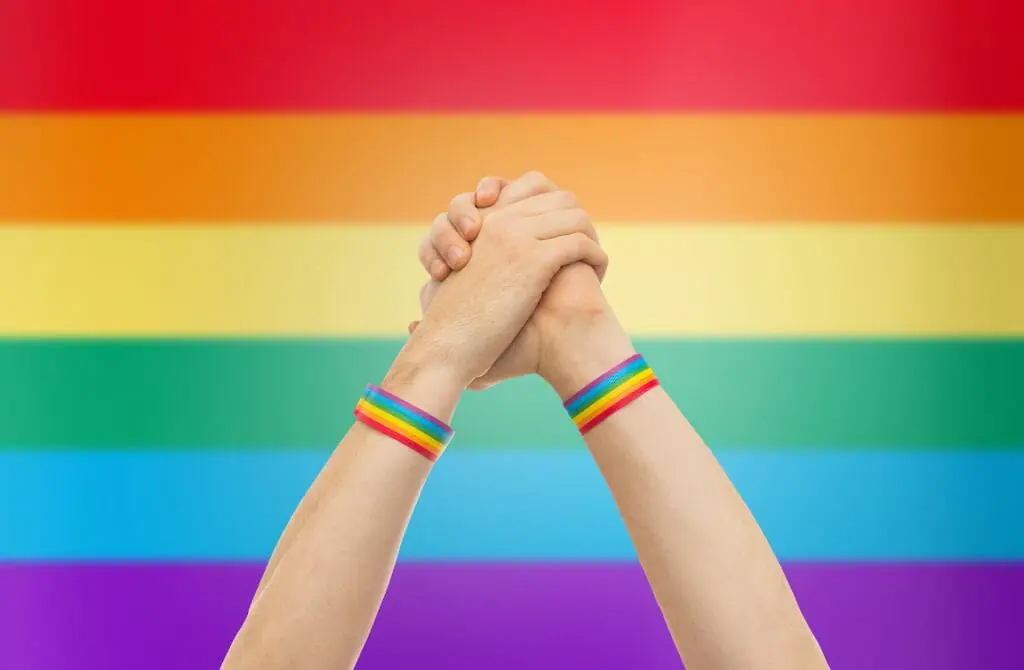

History Of LGBT Rights In Madagascar
In Madagascar, the legal framework for LGBT rights has seen some progress; however, it is still limited in comparison to other countries. Same-sex sexual activity is legal among individuals above the age of 21, but discrimination against LGBT individuals is prevalent in various contexts.
LGBT rights in Madagascar have been impacted by a lack of awareness and understanding of LGBT issues among the general population as well as a scarcity of local advocates. One notable individual working to support the country’s LGBT community is the founder of Solidarité des MSM Madagascar, an NGO that reaches and supports the island’s LGBT population.
Legal protections for LGBT individuals are scarce, with no specific laws against discrimination on the grounds of sexual orientation or gender identity. Employment and housing discrimination remains an issue, as there are no protections in these areas. Furthermore, same-sex marriage is not recognized, and adoption rights are restricted to single individuals, which can further limit the rights of LGBT individuals and families.
As faiths mix in Madagascar, the LGBTQ community faces not only harassment but also discrimination. Therefore, visitors to the country and residents alike should remain cautious and seek updated information before traveling. Situations can change rapidly, and it’s essential to stay informed and vigilant as a means to protect oneself.
For those interested in staying up-to-date on the progress of LGBT rights in Madagascar, it is advised to follow the work of local NGOs like Solidarité des MSM Madagascar or international organizations advocating for LGBT rights. Such groups can provide valuable insight into the current situation and possible steps that can be taken to promote progress and safety for those impacted by LGBT rights in Madagascar.
In conclusion, while there have been some advancements in legalizing same-sex sexual activity in Madagascar, there is still much work to be done in terms of securing comprehensive rights and protections for the LGBT community.
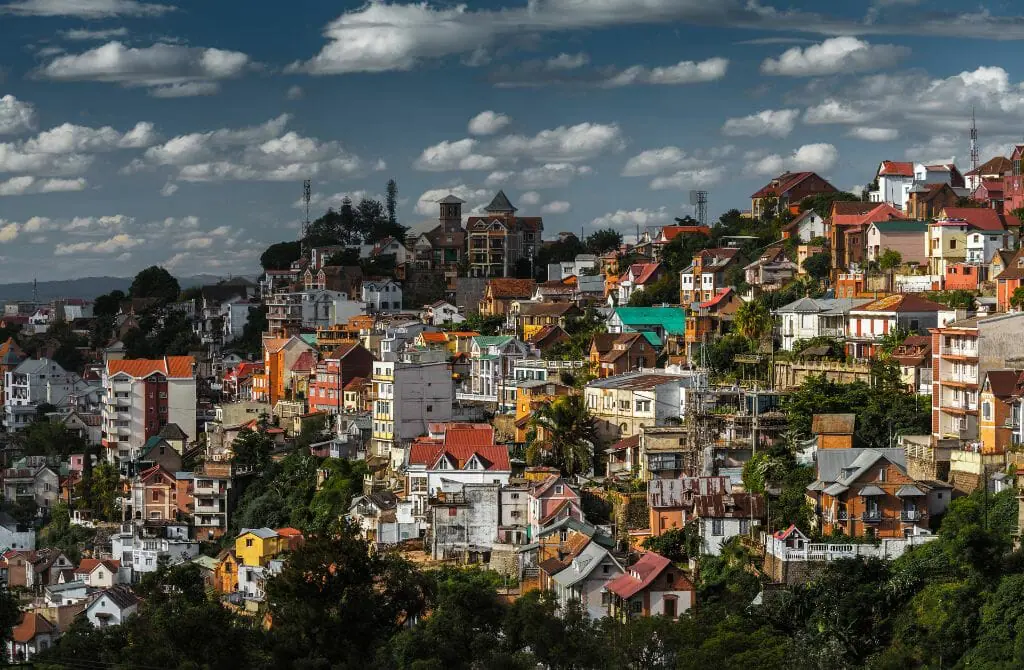
The LGBT Legal Situation In Madagascar
In Madagascar, the legal situation surrounding LGBT rights remains complex. Same-sex sexual activity is legal among individuals above the age of 21, which is higher than the legal age of consent for opposite-sex couples. While this indicates that homosexuality is not outright illegal, many other rights and protections are not afforded to the LGBT community.
There is no legal recognition of same-sex marriage or civil unions, meaning that same-sex couples cannot enjoy the same benefits and rights as opposite-sex couples. Furthermore, adoption by same-sex individuals is limited to single applicants, leaving same-sex couples with no opportunity to adopt together.
Discrimination protections for the LGBT community are also insufficient; there are no protections against employment or housing discrimination based on sexual orientation or gender identity. Moreover, censorship of LGBT-related content is not present in Madagascar, but information regarding gender recognition and rights for non-binary individuals remains unclear.
It is important for both local residents and visitors to be aware of these legal limitations and remain vigilant, as situations can change rapidly, and information may become outdated. Before traveling, it is recommended to seek current advice about the local LGBT rights situation. Engaging with local LGBT advocacy groups could also provide valuable support and updates.
While Madagascar’s legal situation does provide some protections for the LGBT community, it is essential to exercise caution and remain informed of the ongoing developments in legislation and social attitudes.
As a professional resource, this article aims to provide an overview of the current legal situation for LGBT rights in Madagascar but strongly encourages individuals to seek up-to-date information when making travel decisions, understanding their rights, or engaging in advocacy efforts.
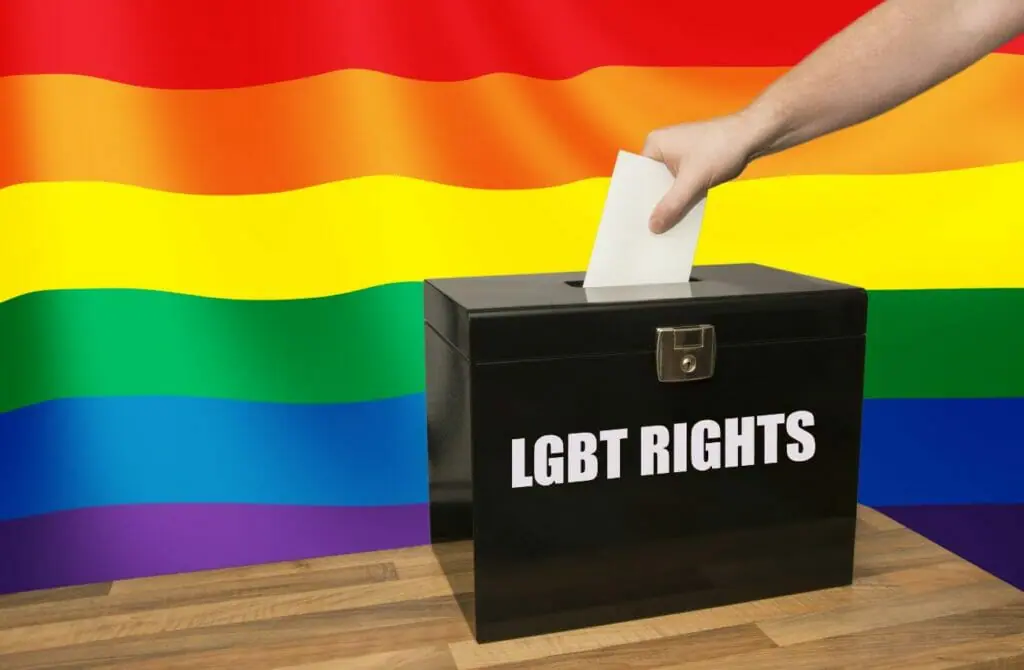

The LGBT Social Situation In Madagascar
In Madagascar, the social situation for LGBT individuals is challenging as they face various levels of discrimination in different aspects of life. It is essential for both local people and tourists to be cautious and vigilant, as societal attitudes towards people identifying as lesbian, gay, bisexual, transgender, or intersex (LGBTI) are generally conservative.
Malagasy society is marked by deep-rooted traditions and religious beliefs, which can contribute to prevailing discriminatory attitudes.
While same-sex sexual activity is legal in the country for individuals above the age of 21, broader civic liberties, such as marriage and adoption, are not afforded to the LGBT community. Furthermore, instances of gender-based violence, arbitrary arrest, and human rights abuses have been reported, posing risks to the well-being of members of the LGBT population.
Discrimination against the LGBT community in Madagascar can be traced to various aspects, including politics, poverty, and traditional societal norms. LGBT individuals often face societal discrimination, exclusion from necessary resources, and limited access to formal assistance from NGOs.
Due to the societal and cultural implications, many choose to express themselves and connect with others through the use of social media platforms, providing a space for voicing concerns and advocating for change.
Several local and international organizations work towards improving the situation and raising awareness about the rights of the LGBT community in Madagascar. These groups lobby for political change, collaborate with other NGOs, and provide support to LGBT individuals. Visitors and locals should stay informed about the most current information on LGBT rights and advocacy efforts in the country, as the situation may change rapidly.
In the meantime, it is crucial for those identifying as LGBT to remain vigilant in Madagascar, as bad actors may take advantage of the vulnerable situation. Whether traveling or residing in the country, one should exercise caution and seek advice from trustworthy sources to ensure personal safety and well-being.
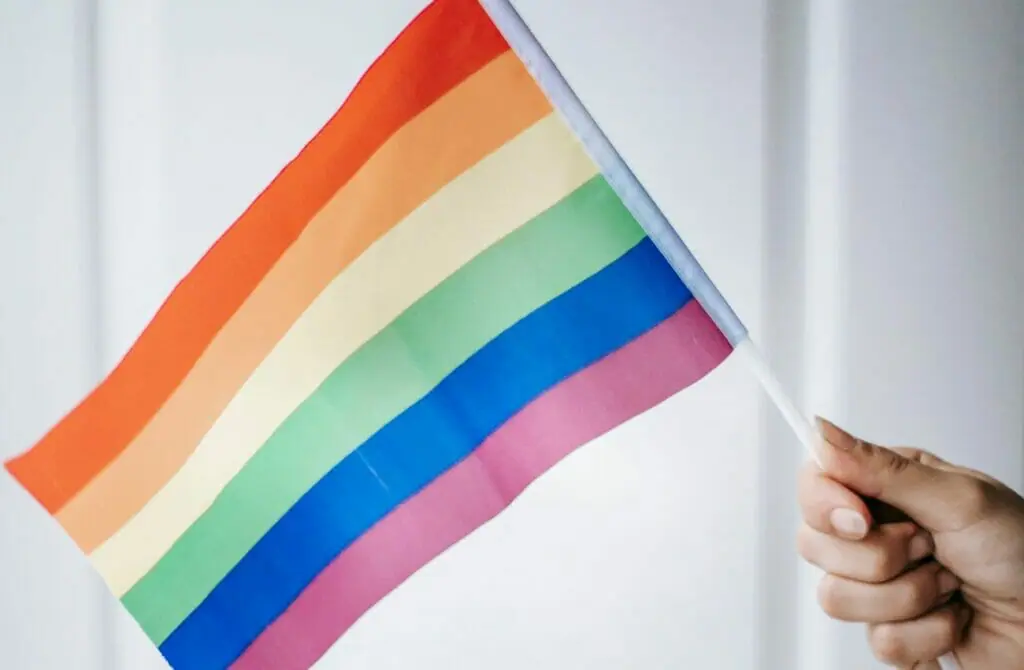
Trans Rights In Madagascar
Gender identity and transgender rights in Madagascar are not explicitly addressed in the current legal framework. Discrimination protections are limited, as there is no specific mention of gender identity or transgender status. This results in a lack of visibility and support for transgender individuals in the country.
Despite the absence of legal protections, there are several LGBT advocacy groups working to raise awareness and promote the rights of transgender individuals in Madagascar. However, these organizations often face challenges in securing funding and overcoming societal discrimination.
For both locals and tourists, being cautious and vigilant is important when discussing or advocating for transgender rights in Madagascar. As the situation can change rapidly, it is essential to seek current advice before traveling to the country and engaging in related activities. Connecting with reliable sources such as trusted organizations can be helpful in staying updated on the latest developments.
While there is limited information available on the steps that can be taken to protect transgender individuals in the country, it is crucial to support and collaborate with local advocacy groups to stay informed and promote change. These groups can provide valuable resources, such as safe spaces and guidance, in navigating the complexities of transgender recognition and acceptance within the Malagasy society.
In conclusion, the legal status and recognition of transgender rights in Madagascar remains limited, with no specific protections against discrimination based on gender identity. Nevertheless, local advocacy groups continue to work towards the advancement of these rights, and remaining informed and cautious is essential for both locals and tourists.
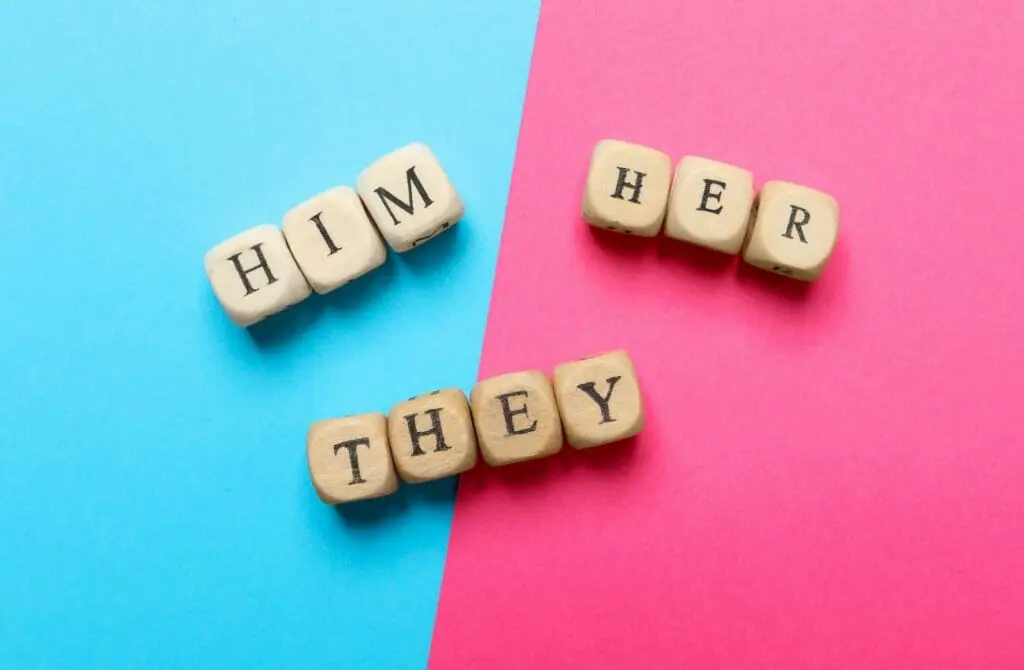

The Future For The Queer Community In Madagascar
In Madagascar, lesbian, gay, bisexual, and transgender (LGBT) individuals continue to face disparities in their rights when compared to non-LGBT citizens. While same-sex sexual activity is legal among those above the age of 21, many legal protections for LGBT individuals remain unrecognized. This is particularly relevant to marriage, adoption, and discrimination protections in various aspects of life.
For both local residents and tourists, it is important to be informed and vigilant about their personal safety, as the cultural and political landscape of LGBT rights in Madagascar can change rapidly. People should seek out current advice before making travel plans or attending LGBT-friendly events. As a visitor to Madagascar, it is crucial to be aware that attitudes towards LGBT individuals might vary significantly between urban and rural areas.
To protect themselves, travelers are encouraged to connect with local LGBT advocacy and support groups, as these organizations are often most knowledgeable of the current situation on the ground. These organizations work tirelessly to promote acceptance and greater visibility for the LGBT community, which could positively impact LGBT rights in Madagascar in the near future.
Lastly, it is important for everyone to understand that there will always be people who may wish to take advantage of vulnerable communities, including the LGBT population. Therefore, it is essential to remain cautious and vigilant while still enjoying the unique experiences Madagascar has to offer.
The ongoing movement towards equal rights in Madagascar provides hope for a brighter future where all individuals, regardless of their sexual orientation or gender identity, can enjoy the same rights and privileges.
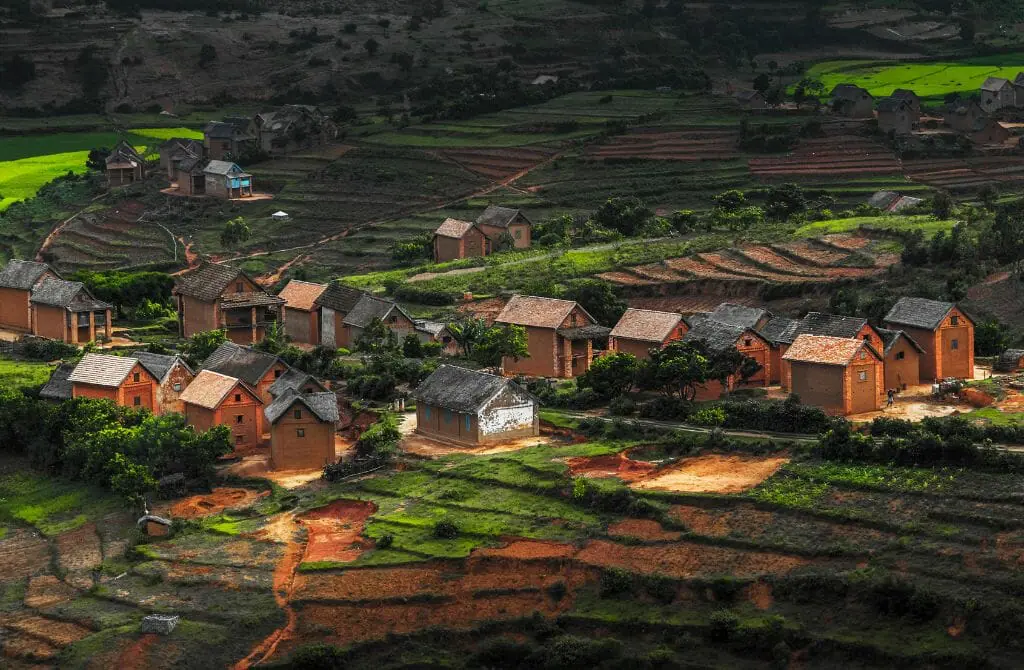
Protect Yourself While Travelling In Gay Madagascar
LGBT individuals in Madagascar, both locals and tourists, must exercise caution as they may face discrimination, harassment, and even violence. Although same-sex sexual activity is legal for individuals above the age of 21, LGBT rights are limited, as marriage equality and adoption rights for same-sex couples are not recognized.
To ensure safety and protection, it is important to remain aware of the local climate and attitudes regarding LGBT rights. Be discreet about your sexual orientation and gender identity, especially in religious communities where acceptance may be sparser.
Stay up-to-date with information on the current situation in Madagascar, as social and legal circumstances can change rapidly. Research any significant events or shifts in attitudes before traveling, and always remain vigilant of your surroundings.
In case of discrimination or violence, it is important to know the proper channels to seek help and assistance. Support can be found through local LGBT advocacy groups and non-governmental organizations (NGOs). One such NGO is Solidarité des MSM Madagascar, which works to support the local LGBT community.
When it comes to health concerns, HIV prevention and awareness are essential, as rates of infection may be higher among some populations. Safe sex practices and regular testing can help mitigate risks associated with HIV and other sexually transmitted infections (STIs).
While conversion therapy is not a prevalent issue in Madagascar, should you or anyone you know face such challenges, it is essential to seek support and assistance from local and international LGBT organizations.
Overall, the key to protecting yourself in Madagascar is to stay informed, maintain a low profile, and be aware of resources available to support and protect LGBT individuals. Remember that the local environment can vary, and always exercise vigilance and caution in every situation.
